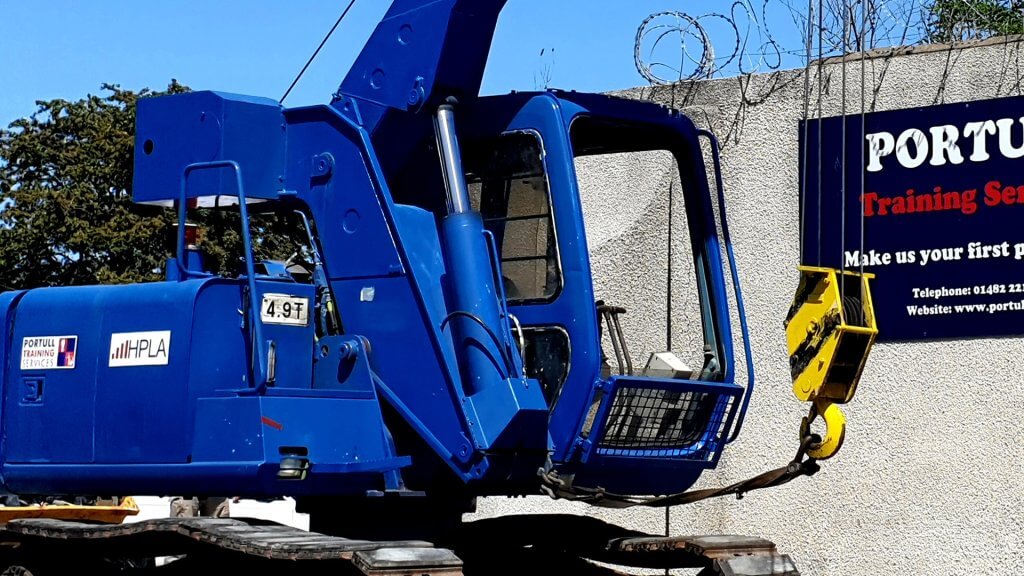
Whistleblowing Changes: Is the Financial Services Sector Ready?
byrne·dean exists to help create kinder, fairer more productive workplaces. We’re best known for delivering truly engaging training and we have done so in over 30 countries since 2003. We properly understand how workplace problems arise because we used to be senior employment lawyers. With us you get a more effective result in far less time.
September’s new whistleblowing rules
In preparation of September’s new whistleblowing rules, if a firm is captured by the Senior Managers and Certification Regime (‘SMCR’) they are required to have appointed a whistleblowing champion with effect from 7 March 2016 – so many firms will already have appointed a whistleblowing champion.
Firms that are not yet captured by the SMCR can voluntarily comply with the changes and appoint a whistleblowing champion at any time. Firms need to be ready for the changes because there’s a mass of focus on whistleblowing right now. For firms falling under the scope of the SMCR the concept of blowing the whistle has changed. This means increased accountability and responsibility for ensuring effective whistleblowing practices. The regulations are not hugely prescriptive and give a lot of room for firms to implement ‘effective whistleblowing practices’ as they see fit. Sounds easy? I’m not so sure it’s as simple as all that.
To start with, what do ‘effective whistleblowing practices’ look like? It’s likely that firms already have a whistleblowing policy in place, possibly even an established confidential whistleblowing hotline. The temptation may therefore be to appoint a Whistleblowing Champion and continue operating as normal. But I don’t think this is enough. The key thing we have to do is change the face of whistleblowing. It has a dreadful reputation and there is still a lot of stigma attached to blowing the whistle- it’s still viewed by many as a ‘no go area’ or ‘career suicide’. We need to move away from that mentality and start viewing whistleblowing as a positive thing – after all it is an essential part of a firm’s ability to identify and deal with possible risks in a timely and sensible manner – we only have to look at recent scandals such as LIBOR and Forex to illustrate this point.
It’s clear then that escalating issues and concerns in the right way and at the right time is a good thing but people are only going to do that if they feel comfortable doing so. The golden thread of our behavioural work at byrne·dean for the last decade and a half has been to create an environment in which people who feel uncomfortable feel able to put their hands up. To the person causing the problem, to anyone else in the organisation who they think may be able to help or to go ‘outside the box’. Whistleblowing should be seen as part of that. A good internal resource and the right culture will obviate the need for external whistleblowing.
To expand on that thought further, someone recently said to me in a training session I was delivering that “if someone blows the whistle it means we have failed”. I hadn’t thought of it this way before, but I wholeheartedly agree. The escalation of concerns, problems etc. should be an organic process, a process in which people feel comfortable and able to approach the people around them to talk about this stuff. It must be seen as business as usual. If bad things are happening, you want your people to think “I should say something”. Because it’s the right thing to do, because they feel that they are an accountable member of staff. If they can’t find the right person to speak to, then they should use the helpline (or perhaps in exceptional circumstances they could report outside of the firm although it is difficult to imagine what those exceptional circumstances would be if the internal stuff is working). This is all about creating the right culture.
This is where the role of the Whistleblowing Champion is critical. The Champion needs to do a culture change job. They will need to visibly promote responsible reporting and healthy escalation. They will need to regularly deliver positive messages, act as the culture carrier by setting the tone and role-model by taking ownership of and (for want of a better phrase!) championing everything whistleblowing related. They must be the individual who will visibly push culture change in this area. They are going to need help from all managers/leaders – probably from everyone to do this, in order to truly embed the right culture and remove the fear and stigma. But how can this be achieved on a day-to-day basis?
Coming back to my earlier message – it may feel tempting to view the whistleblowing changes from a policy / procedure perspective. But in my view there is so much more that can be done – and all for positive reasons. Now is the time to begin the process of driving culture change in order to step away from our traditional views of whistleblowing, to step away from a process-driven way of thinking so that we can create workplaces that feel safe, that allow people to challenge in the right way, to set the right culture and be truly accountable for everything that we do. Ultimately this is about doing the right thing and managing risk responsibly. It’s about embracing the positive messages and leaving the stigma behind.
Expert advice on how to proceed
Firms need to ensure that effective whistleblowing practices are in place by 7 September 2016. The FCA and the PRA have recommended that firms should consider additional training for all members of staff to help everyone to fully understand the changes and what their rights and responsibilities look like in this new landscape. It is particularly important for firms to understand how creating the right culture can be achieved on a day-to-day basis. We are helping our clients to achieve this through:
• Dedicated one-to-one coaching and support with the designated Whistleblowing Champion to help them carefully consider their role and responsibilities along with exploring how they can promote positive messages around responsible reporting by setting the right tone, embedding the right culture and creating a safe environment.
• Training sessions for leaders to help them understand the importance of whistleblowing under the SMCR, how to identify and address potential concerns and the impact they have in creating the right culture through positive rolemodelling and dealing with concerns effectively and sensibly.
• All staff training (either face-to-face or online) to highlight their rights and protections under the law but more importantly to highlight the importance of responsible reporting and healthy escalation and get them to see things differently. Firms that are impacted by the changes under the SMCR should implement training now in order to drive change, foster the right culture and environment and be ready for 7 September 2016.
About byrne·dean
We start conversations in workplaces and provide a language people can use. We make our subject matter straightforward and compelling. We all have experience of working as employment lawyers and we properly understand employment risk. We put legal risk in context and tell people only what they need to know. We also support clients to consolidate their learning by providing ‘how to’ resources (including online), by promoting the use of relational one-to-one conversations, giving HR advice of a strategic nature and about processes. The firm specialises in outstanding and engaging training that:
1. drives change – covering topics such as behaviour at work, inclusion and diversity (including unconscious bias), high performance, ethical accountability and mental health awareness; and
2. builds skills – including relational conversations, effective feedback, disciplinary and grievance, hiring the best.
As expert facilitators with a background in employment law we understand the importance of driving change in the right way. As lawyers, managers, employees and as people, we are passionate about people development, about helping our clients create the environments in which their people will thrive, as a result of which the employer too will thrive. At the same time, the risk of challenge, of getting embroiled in the sort of employment problems that we have spent much of our careers working with, will be reduced.
We help our clients to look at things from a different perspective by challenging mind-sets and starting conversations in the workplace. In order to implement true culture change, people need to talk more about the issues at hand. We draw on our knowledge and experience to create stimulating, challenging and effective learning and business support. Our typical clients are professional services firms, financial services firms and other large global corporates. As well as in the UK, we are used to facilitating sessions in the United States, APAC, India, and continental Europe.
Company: byrne·dean associates limited
Name: Richard Thompson
Email: Richard.thompson@
byrnedean.com
Web: www.byrnedean.com
Address: We Work, 1 Fore
Street, London, EC2Y 5EJ
Telephone: 020 3695 0474





















